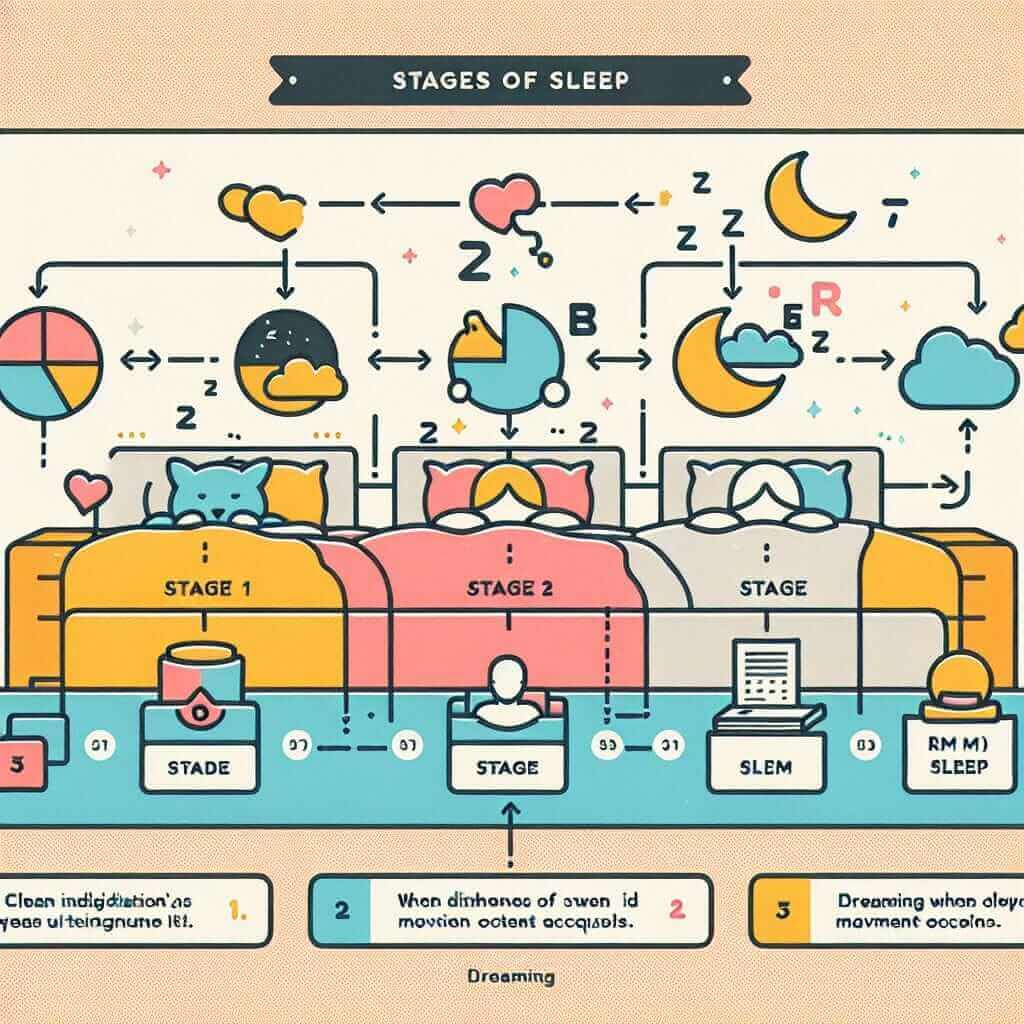As an IELTS instructor with over 20 years of experience, I’ve encountered countless students grappling with the IELTS Reading section. One recurring theme I’ve noticed is the apprehension surrounding passages on scientific topics, particularly those exploring abstract concepts like dreams. The search query “what are dreams ielts reading answers” frequently pops up, highlighting the need for clarity and guidance in this area.
This comprehensive guide delves into the intricacies of tackling IELTS Reading passages about dreams. We’ll equip you with the knowledge and strategies to confidently navigate these often-challenging texts and achieve your desired IELTS score.
Understanding the Significance of “Dreams” in IELTS Reading
Dreams, with their elusive nature and connection to human consciousness, hold a certain fascination for IELTS examiners. Here’s why you might encounter this topic:
- Testing Vocabulary: Passages about dreams often utilize a rich vocabulary related to psychology, sleep, and cognitive processes. Expect to encounter terms like “REM sleep,” “subconscious,” “interpretation,” “symbolism,” and various theories related to dream analysis.
- Assessing Inference Skills: Dream interpretation often involves drawing conclusions based on limited or symbolic information. IELTS passages on dreams might require you to infer the meaning behind specific dream imagery or connect dream content to waking life experiences.
- Evaluating Critical Thinking: Theories about dreams range from purely biological explanations to psychological and even spiritual interpretations. A passage might present multiple perspectives, challenging you to critically evaluate each viewpoint and form your own understanding.
Navigating “Dreams” Passages: Effective Strategies
- Pre-reading Skimming: Before diving into the passage, quickly skim through it to identify the main topic and any subheadings. This will give you a framework for understanding the information presented.
- Active Reading and Highlighting: As you read, actively engage with the text. Underline key terms, definitions, and any sentences that present main ideas or arguments.
- Vocabulary in Context: Don’t panic when encountering unfamiliar words. Often, you can infer their meaning from the surrounding context. Develop the habit of using context clues to expand your vocabulary.
- Identifying Different Perspectives: If the passage presents multiple viewpoints on dreams, make note of each perspective and the supporting arguments or evidence provided.
- Practice Paraphrasing: IELTS Reading questions often paraphrase information from the passage. Practice rephrasing key sentences and ideas in your own words to improve your comprehension and ability to identify correct answers.

Illustrative Example:
While we cannot provide specific copyrighted IELTS material, imagine a passage discussing Sigmund Freud’s theory of dreams as wish fulfillment. You might encounter questions like:
- According to Freud, what is the primary function of dreams?
- How does Freud’s theory explain the presence of symbolic imagery in dreams?
Successfully answering these questions requires understanding Freud’s perspective and the key elements of his theory.
Achieving Success: Top Tips
- Expand Your Vocabulary: Regularly read articles and books on psychology, neuroscience, or sleep studies to familiarize yourself with relevant terminology.
- Practice Critical Analysis: Engage in discussions about dreams, analyze your own dreams, or read different interpretations of dream symbols. This will hone your critical thinking skills.
- Time Management: Allocate your time wisely during the IELTS Reading section. Don’t dwell too long on a single question. If unsure, make an educated guess and move on.
Conclusion
Mastering IELTS Reading passages on dreams, or any topic for that matter, requires a multi-pronged approach. By focusing on vocabulary development, active reading strategies, and critical thinking skills, you’ll be well-equipped to confidently tackle any challenge the IELTS throws your way. Remember, consistent practice and a strategic approach are your keys to success!